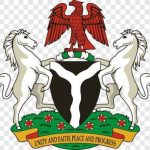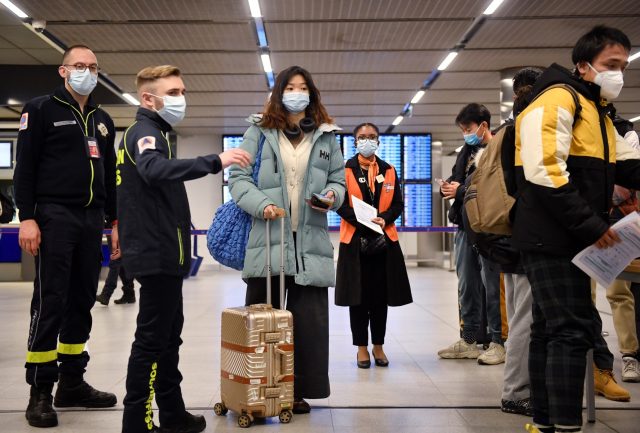China has stopped issuing short-term visas to individuals from South Korea and Japan in retaliation for COVID-19 restrictions on Chinese travellers
Beijing says the pause on South Korean visas will remain in place until “discriminatory” entry restrictions against China are lifted.
Japan and South Korea are not the only countries imposing entry requirements on travellers from China, where COVID-19 cases are surging, but their measures are among the most stringent.
Last week, South Korea stopped issuing tourist visas for those coming from China, which the Chinese foreign ministry called “unacceptable” and “unscientific”.
Japan, meanwhile, is currently allowing Chinese visitors into the country, provided they test negative for COVID-19. This is similar to the UK and the U.S., but Japan is also restricting flights from China to certain Japanese cities.
Beijing’s embassies in both Seoul and Tokyo confirmed the new visa restrictions for visitors to China.
China reopened its borders on Sunday for the first time since March 2020 as part of scrapping of its “zero-COVID-19” policy.
Reacting to China’s latest visa restrictions, South Korea’s foreign ministry told the BBC that its policy towards arrivals from China was “in accordance with scientific and objective evidence”.
According to South Korea’s Disease Control and Prevention Agency, around a third of all arrivals from China tested positive for COVID-19 prior to the visa restrictions being put in place.
At Seoul’s Incheon International airport – the only South Korean airport still allowing flights from China – arrivals are met by military personnel in personal protective equipment.
The BBC managed to speak to some of them as they were escorted to the airport testing centre.
“Personally, I think it’s OK. I have been through much worse during this pandemic,” said William, a businessman from Shanghai. “As a traveller I just try to comply with the policies are much as possible.”
But another passenger disagreed.
“In my mind it’s not scientific at all,” said Emily, who arrived from Hong Kong. She, like those coming from Mainland China, was required to test.
“I feel like it’s a little bit unfair on this side. They must feel really unsafe, I suppose.”
Many South Koreans support the idea of protecting their country from China’s coronavirus surge – but not all are convinced that the decision is a purely medical one.
“There is a political element to it and the relationship between the two countries isn’t a good one. A lot of Korean people hold a lot of animosity blaming China for the coronavirus,” said Jinsun, who was heading to Abu Dhabi.








